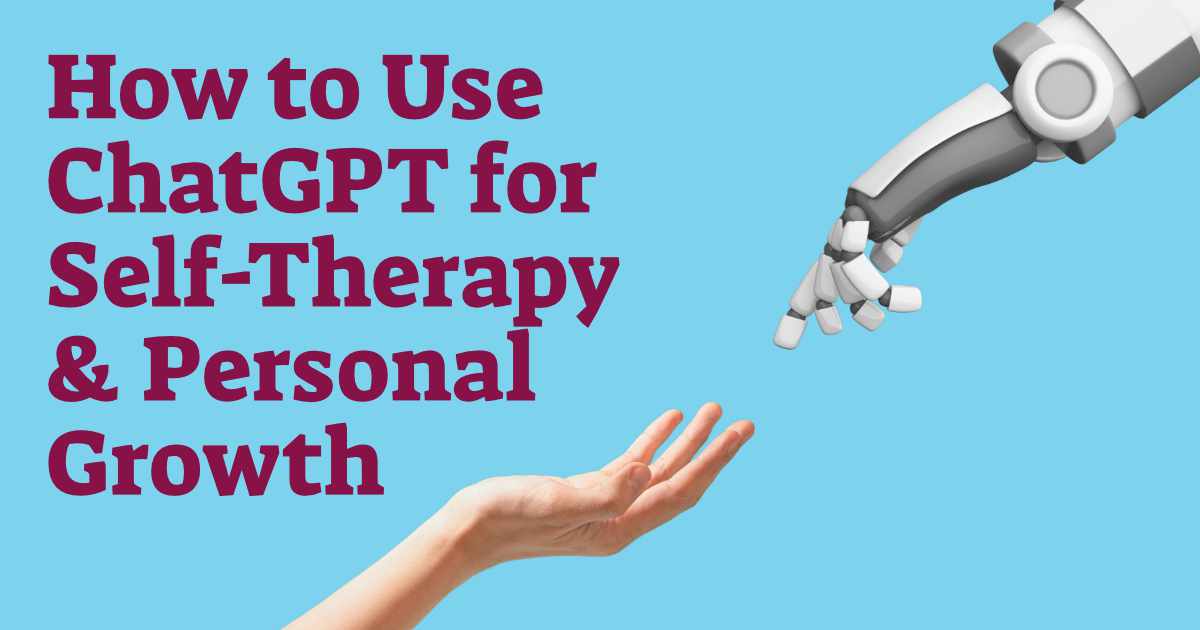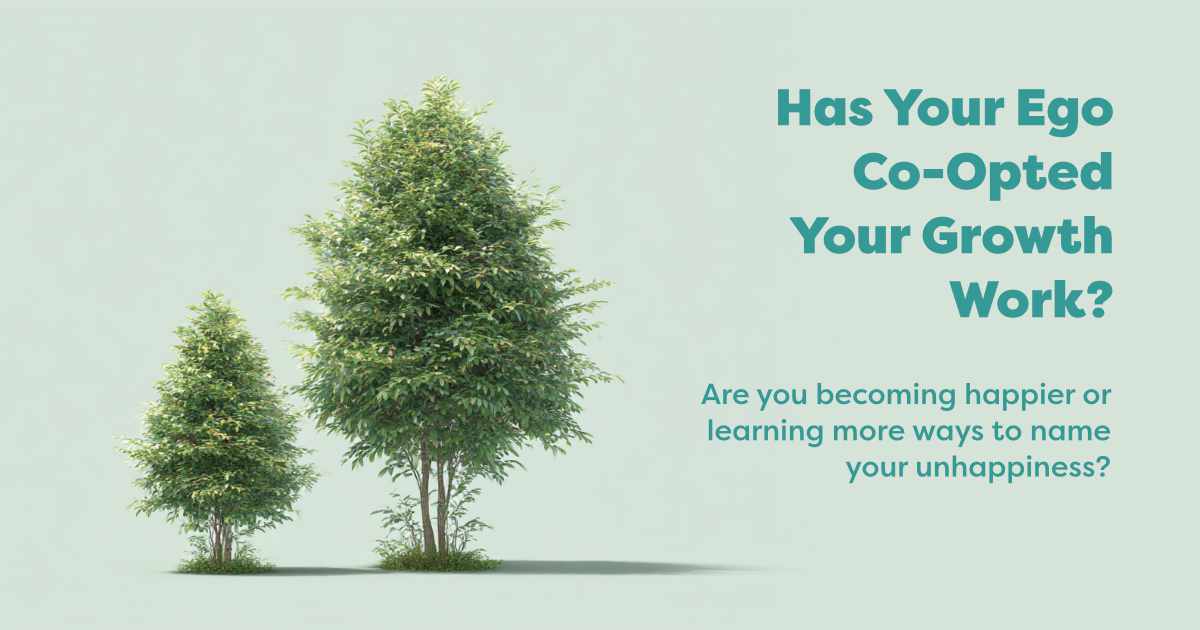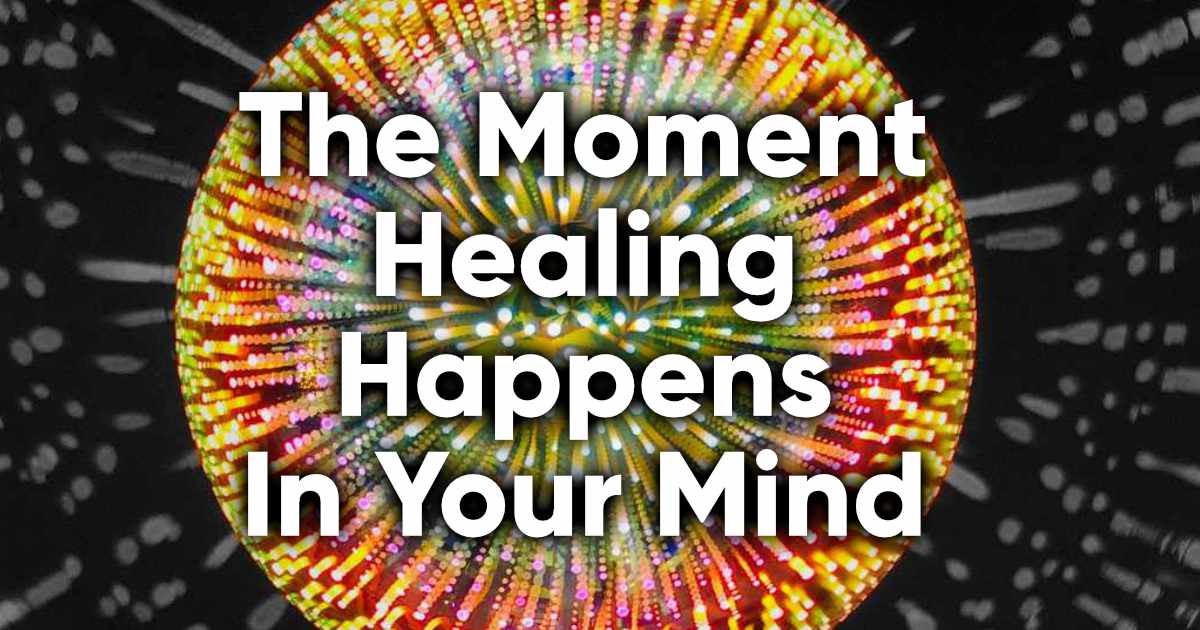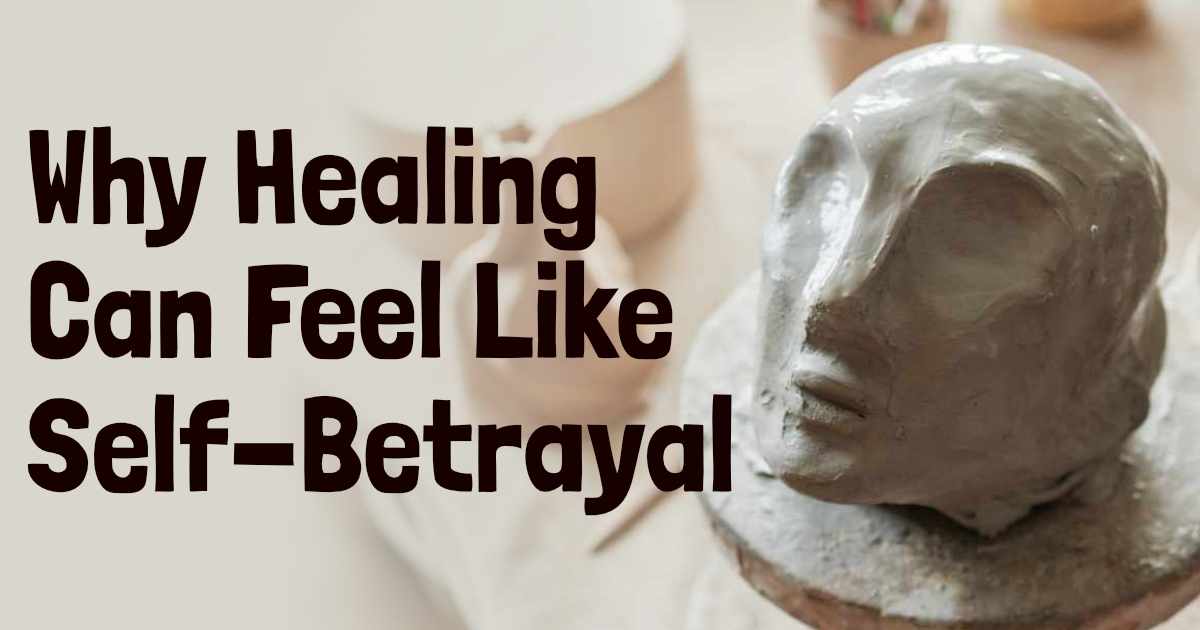Mindfulness
What is it and how does it help you?
The word “mindfulness” is everywhere now, but the actual state of mindfulness is specific, and important to differentiate from ordinary brain states.
Mindfulness is a state of compassionate & curious awareness of what is going on internally, without seeking to change it. It is a neutral, judgement-free, opinion-free, agenda-free state of mind.
You can be mindfully aware of any aspect of your experience: thoughts, feelings, sensations, emotions, and perceptions.
To demonstrate this, right now, as you are reading, become aware that you are reading. Notice that you are a person, reading these words. Then keep reading, with that sense of watching yourself as you do it.
That’s all mindfulness is.
This mindfulness state gets confusing when people talk about, for example, “mindful eating”, which sounds like it might be about eating “healthier”–i.e. changing your behavior. But eating with mindfulness would actually just be eating while being aware that you are eating. You could be eating a salad or a bag of jelly beans, it doesn’t matter. Mindfulness just means you are self-witnessing while you are doing something, not that you are eating something virtuous or healthy.
Why is mindfulness such a big deal in change work?
Mindfulness is magical because it is a special mind-state that unlocks the neuroplasticity of the brain.
When we are not mindful, we are, in a sense, on autopilot. The brain tends to go down familiar pathways. If those pathways were burned in by trauma, it goes down them especially easily, and even more easily when we are under stress.
But if you engage mindfulness while a familiar pattern plays itself out–either behaviorally or just mentally–it changes the neural pathway, because you are engaging the mindfulness circuits at the same time as the old brain pathway circuits. It can’t help but change.
The change, at first, is slight and may not be noticeable. But the more you do it, the more the original pattern erodes. This opens up new possibilities in where your brain can go next that weren’t there before.
And this change happens without you directly trying to change anything. This is especially useful when your patterns are being protected by defense mechanisms. Mindfulness is a method of change without force. Therefore it doesn’t elicit the familiar resistance that many avenues of self-change tend to activate.
Self-love is a set of skills you can learn

Stop Being Cruel to Yourself
$2.99
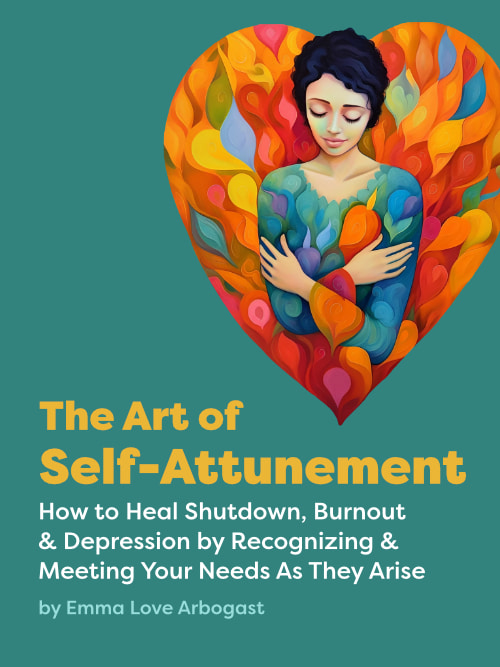

Hey there! If you're new here, welcome to the Emmaverse! 🌈✨
About me: I'm autistic/ADHD and I write about how to be free and happy from the inside out.
Keep in touch?
Self-Liberation Society
